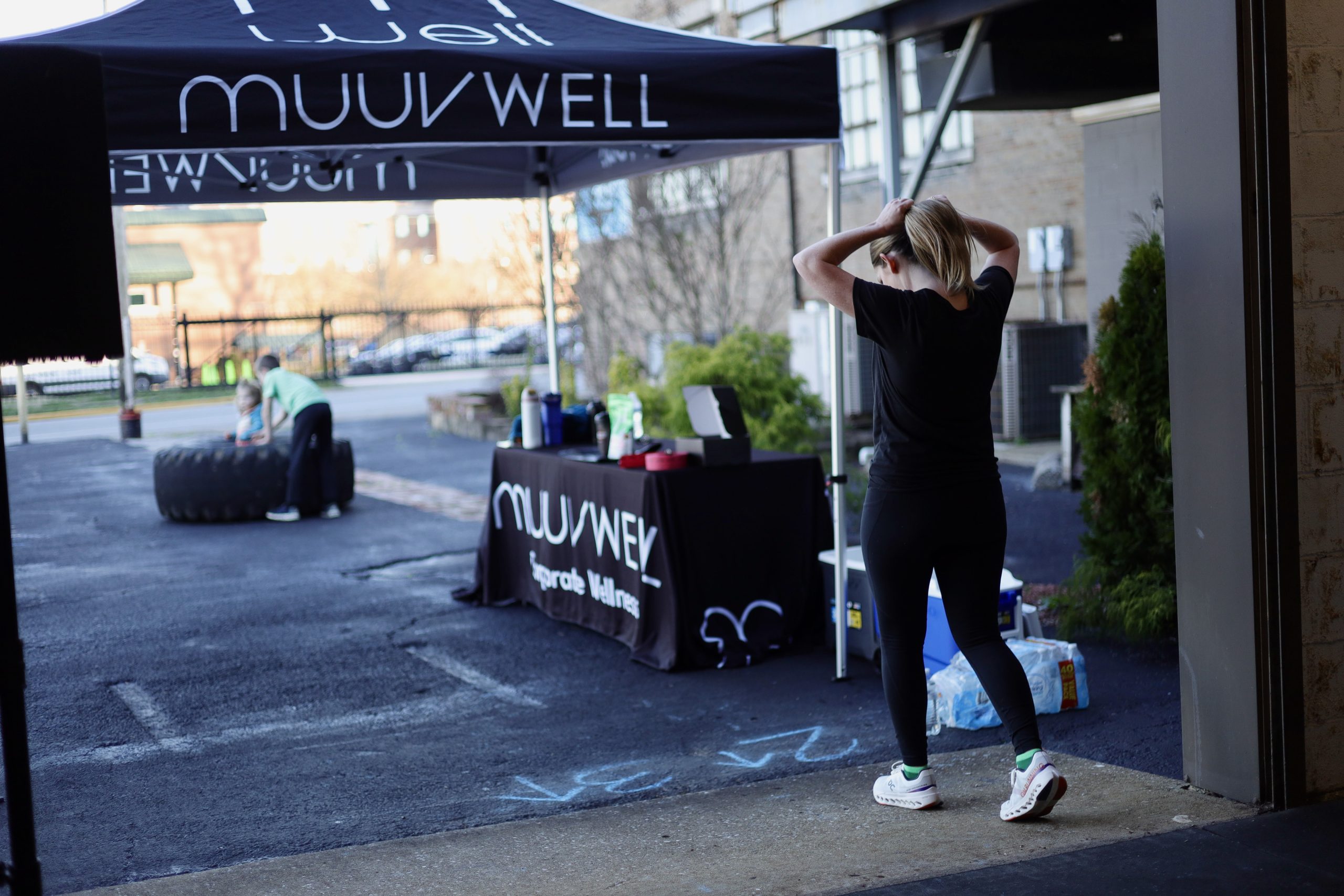Stress is a natural part of life. However, if stress becomes overwhelming, it can affect both our physical and mental well-being. While there are many strategies to manage stress, one of the most effective and accessible tools is to simply move your body. Whether it’s a quick walk, a gentle yoga session, dancing to a good song, or a high-energy workout. Whatever movement you choose can help reduce stress and improve your overall sense of well-being. Here’s how it works:
Releases Endorphins, Reduces Stress Hormones
One of the key reasons to move through stress is to trigger the release of endorphins. Endorphins are the natural “feel-good” chemicals in our bodies. These hormones promote a sense of happiness and relaxation. Regular exercise, even in small doses, can lead to a noticeable improvement in mood.
Releases Tension in the Body
When we’re stressed, our muscles tend to tighten, especially in areas like the neck and shoulders. Movement, whether it’s your Daily Muuv: Strive for Five program, or a walk around the block, helps to release this physical tension. This not only reduces discomfort but also signals to the brain that the body is safe and relaxed, helping to lower the overall stress response.
Boosts Mental Clarity
Sometimes we feel so stressed, we then talk ourselves out of exercise. However, movement allows us to focus on the present moment. Whether you’re running or practicing yoga, physical activity provides a break from the stress and worry. This shift in focus helps calm the mind, reduce mental clutter, and improve concentration. Then you can tackle challenges with a fresh perspective. Research shows that taking an active break actually makes you more productive – so in a moment of stress at work – prioritize a few minutes to move your body.
Improves Sleep Quality
Stress often interferes with sleep, creating a vicious cycle of feeling tired and stressed. Fortunately, regular physical activity can help improve sleep quality by promoting relaxation and helping you fall asleep faster. A good night’s sleep, in turn, can lower stress and cortisol levels. Improvements in sleep are associated with more emotional resilience and better emotional regulation, ensuring you can be your best self through a stressful scenario.
Movement Tells Your Brain You’re Ok
When stress feels overwhelming, it can sometimes feel like we have no control over our circumstances. Movement gives us an opportunity to regain control by choosing how we engage with our bodies and emotions. It’s almost like a reboot for your mind when you are stalled in stress. Whether it’s through a calm stretching routine or an intense workout, movement allows us to take charge of our physical and emotional states.
Movement can also help to signal to our brains that we’ve moved away from stress (even if the stressor is still there). In ancient times, a tiger may have been the stressor, so movement is like running from the tiger. In the modern world, a fast approaching deadline might be the stressor. While you can’t necessarily run from that deadline, movement can still send signals to our brain and body that we’re safe, and it’s ok to turn down the stress volume internally.
Takeaway
Incorporating movement into your daily routine can be a simple yet effective way to help reduce the impact of stress and improve your overall health. Whether you’re looking for a way to release tension, boost your mood, or clear your mind, movement has the power to make a positive impact. So, next time stress starts to build, try taking a quick walk, open your MuuvWell app for your Daily Muuv: Strive for Five, or dance to a song you love – your body and mind will thank you.
Written by: Stephanie Anklan, Registered Dietitian




